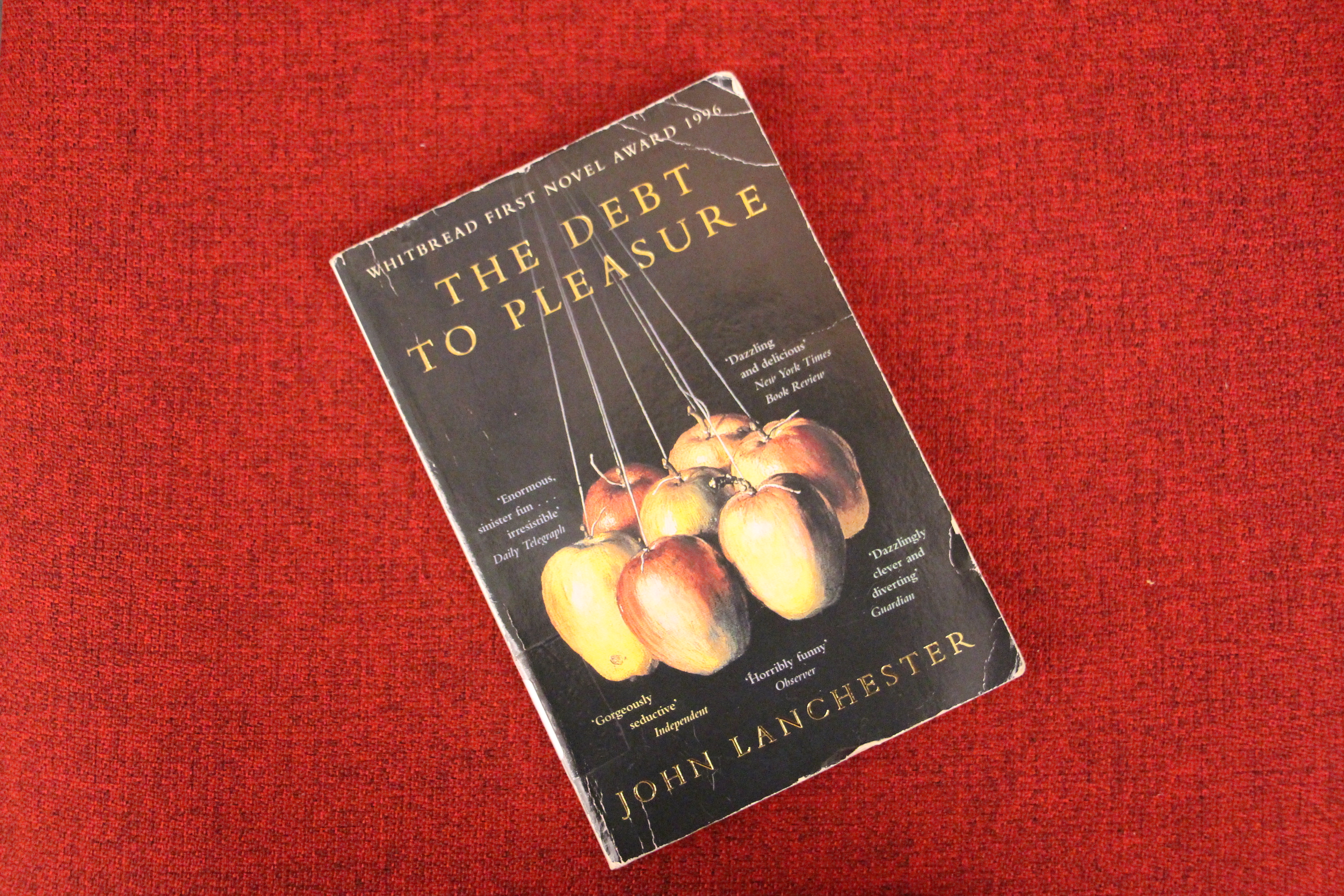I’m quite guilty, in my own writing, of sacrificing story in favor of style. I love to explore ambiance and atmosphere. I love to set my characters meandering through a place with no rhyme or reason.
I do a lot of editing.
But I was pleasantly surprised to find in my recent reading of The Debt to Pleasure that an exploration of style and setting and seemingly un-plot-related details can actually be at the heart of an enticing, plotty story, provided your narrator is as well-developed and utterly unreliable as that crafted by John Lanchester.
I’m a sucker for an unreliable narrator, but Lanchester’s Tarquin really takes the cake. This Englishman so blinded by his own self-importance takes the reader on a journey through rural France, guided by his favorite recipes and a secret he parses out in crumbs so small they’re just this side of easy to miss.
Lancaster’s strength is in his trust of the reader: we are led towards the conclusion at once surprising and inevitable by a narrator whose well-meaning if pedantic exterior is slowly unpeeled to reveal the nearly unfathomable reality – and utter lack of self-awareness – within.
